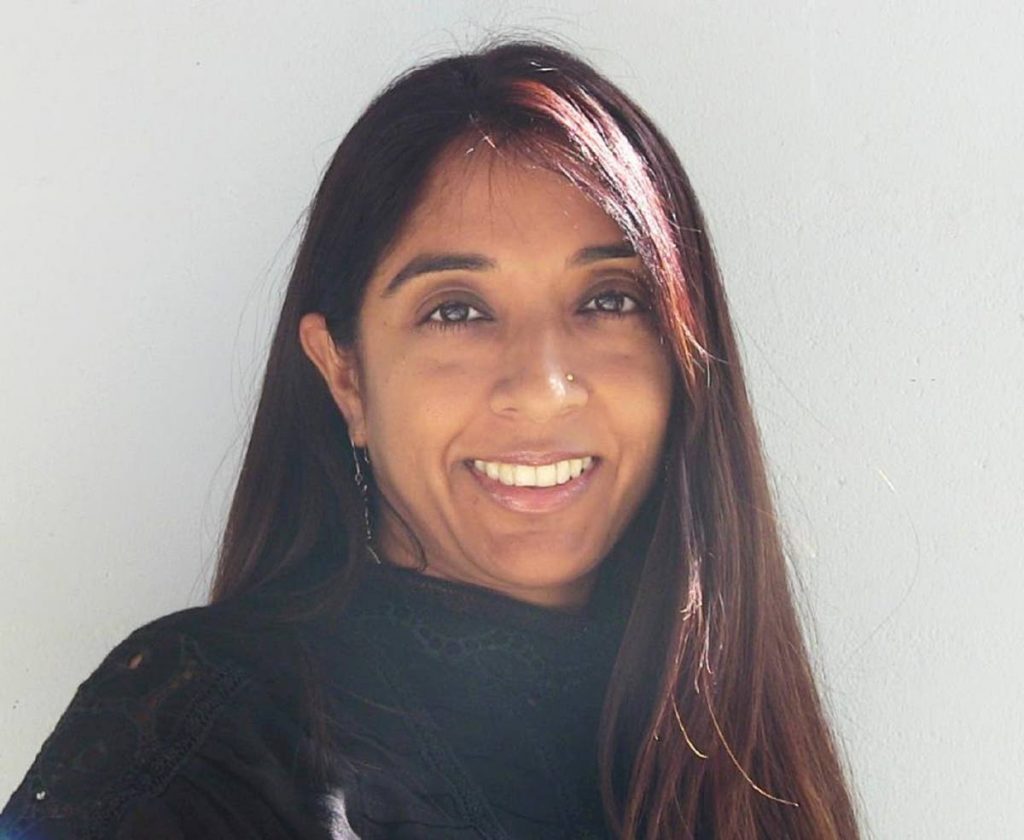Flood of problems

Diary of a mothering worker
Entry 343
motheringworker@gmail.com
OUR CURRENT problems, from last week’s heatwave to this week’s flooding, are created by us – globally, regionally and nationally. Hurricanes and flooding are natural processes in our part of the hemisphere. Even with the expected increase in storms, it is poor land planning and development which really put us at risk.
The solution to this is public vigilance. We must pull ourselves together to insist on the information and power needed for our new reality. Citizens have to start developing an expertise on their watershed: where the rivers flow, how to prevent garbage clogging them, what settlements are planned, what inequalities exist, and how to reduce neighbourhood footprint. It’s like every community and local government needs an environmental impact assessment to operate from a plan.
I think of how no one cared when the mangroves were razed for MovieTowne, but when the ocean washes over it all, we will act surprised. Or maybe, we can wake up and insist on changing what we can now.
I think of when activists stage sit-ins in the EMA to get social and environmental impact analyses, and people call them crazy. Every one of us should be insisting on those analyses for housing settlements and highways, for when the impacts hit us, does it help to hold our heads and bawl?
The area by Grand Bazaar flooded exactly as expected. If the engineers knew this, why didn’t we? Greenvale was always going to flood. Town and Country planners told the PM so when he was minister of housing, and he went ahead because regulatory agencies and people’s lives be damned. There’s a reason why people used to build their houses on stilts through the Caroni plains. This should have been insisted on for all housing developments, and would have spared ordinary, hard-working people endless loss. It should be insisted on now.
The loss from floods is only part natural disaster, the other part is wholly man-made. It’s convenient when we can cut whichever hillside we want or fill in whatever watercourse or throw away a stove in the river or build our house where and however we choose. It’s agony when our folly comes back to us. We are being told to pay attention. Take responsibility.
Forget whether the Prime Minister wades through water in his boots, it’s not the political leadership we should be looking to for empathy and compensation. Rowley or whoever replaces him is irrelevant. Instead, we have to take ownership of the institutions and regulations meant to protect us.
We’ve been inattentive for too long because we can’t be bothered with rules or stopping corruption when it’s our friends or mobilising across race and party. Institutions that tell us what we can and can’t do to land and watercourses are treated as an inconvenience to be ignored.
While the terrible devastation of people’s homes, cars and livelihoods grabs headlines and hearts, we have to use this moment to demand a different kind of news and public life even after rainy, and hurricane, season passes.
In her Tedx speech last year, Greta Thunberg makes the point that, though the climate is in crisis, we hardly hear anything about it in the press and from political and economic leaders.
If it mattered, if it was understood to be a war against all living species, our countries and our children, from a global economy driven by consumption, growth and fossil extraction, the solutions would dominate all our news.
They would dominate every political platform in every election with parties competing to convince voters they have the most commitment to the best plan for both preventing and addressing climate-related disasters. Will that happen? Only if we demand it.
What we need is a news cycle that doesn’t focus on the crisis, but on prevention and protection, making them the most important story of our time. Citizen oversight of land use planning, new housing specifications, the start of national recycling collection, a near ban on plastic or insistence on the polluter pays principle for importers and producers, a demand for clean, drinkable water as a public right, replanting of mangroves, and more.
Our public institutions should be flooded by citizens wanting oversight and say over the plans and the books.
All of this is possible, making the man-made part of our crises preventable. If hope is what we think we need to weather this new normal, Thunberg says, “The one thing we need more than hope is action…once we start to act, hope is everywhere.”
Diary of a
mothering worker
Entry 343
motheringworker@gmail.com

Comments
"Flood of problems"